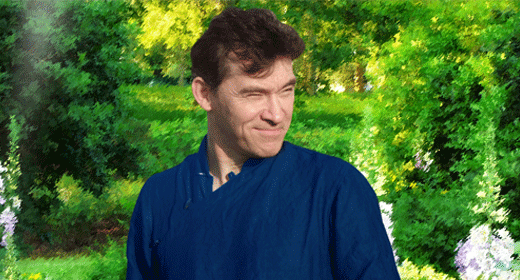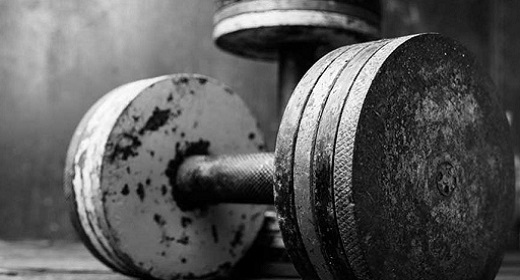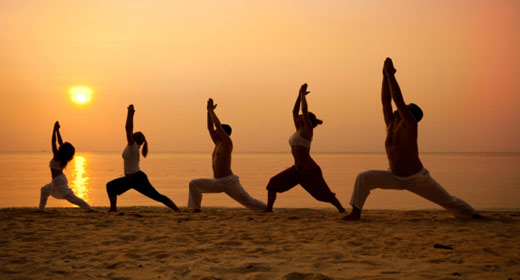by Ali Eaves: Discover the science of how strength training keeps you young…
The secret to a longer life may be a barbell: Strength training as you age reduces your risk for death, according to a new study from Penn State College of Medicine.
Researchers surveyed people age 65 or older about their exercise habits and then tracked them for 15 years. Nearly a third of the study participants died during that period.
Less than 10 percent of the subjects strength trained, but those select few were 46 percent less likely to die during the study than everyone else.
Sure, you could say that older folks who lift must be in better health to begin with. But even after adjusting for BMI, chronic conditions like diabetes and hypertension, and habits like total physical activity, drinking, and smoking, lifting was linked to a 19 percent reduced risk of death.
Strength training can keep you active and independent in your golden years, says study author Jennifer Kraschnewski, M.D. Not only does it strengthen your muscles, resulting in better stamina and balance, but it also increases your bone density.
Together, those factors reduce your risk for falls and fractures—major causes of disability for older people.
Plus, you’ll burn more calories throughout the day just by having more muscle mass on your frame, which helps you maintain a healthy weight, Dr. Kraschnewski says.
So if you’re already lifting, don’t retire your dumbbells.
Want to start? Strength training can be safe for just about anyone, but if you’re over age 65 and inactive, talk to your doctor about any special precautions you should take, she says. Consider enlisting a trainer to create a program designed around any creaky knees or tight hips.
Don’t think that your age will hold you back, though.
“Older adults have the ability to achieve strength similar to those decades younger by engaging in simple strength training routines,” says Dr. Kraschnewski.










































